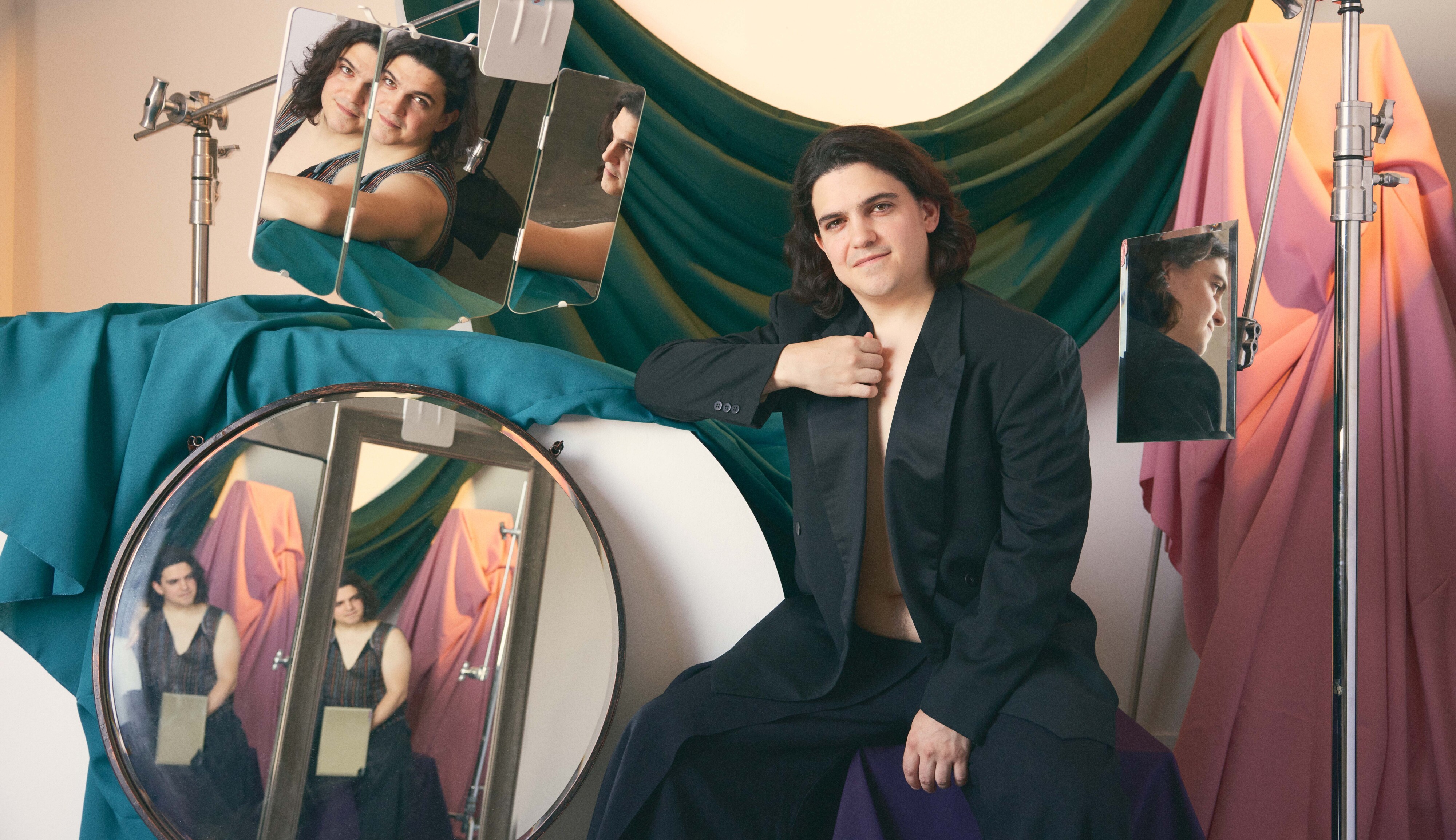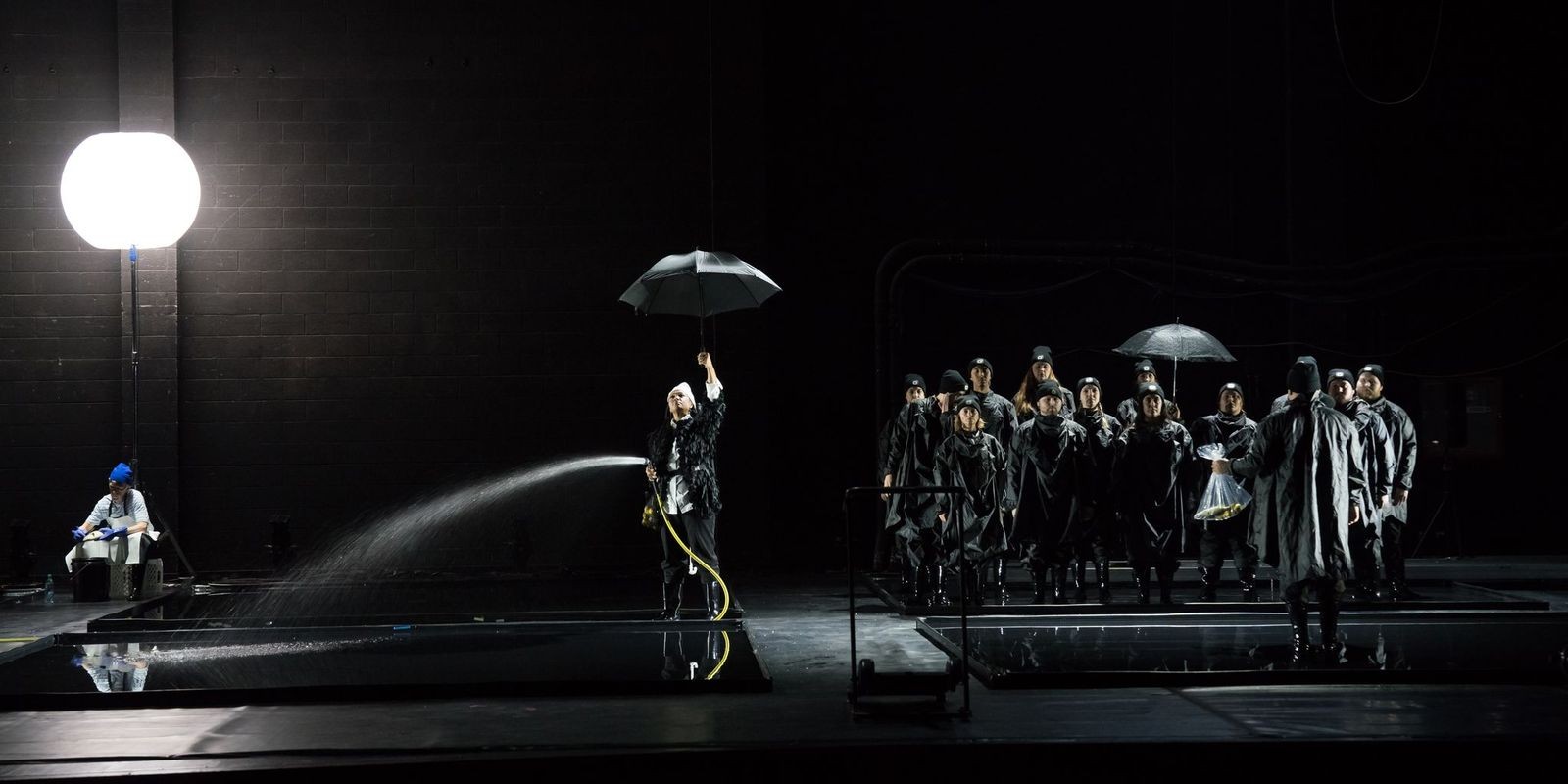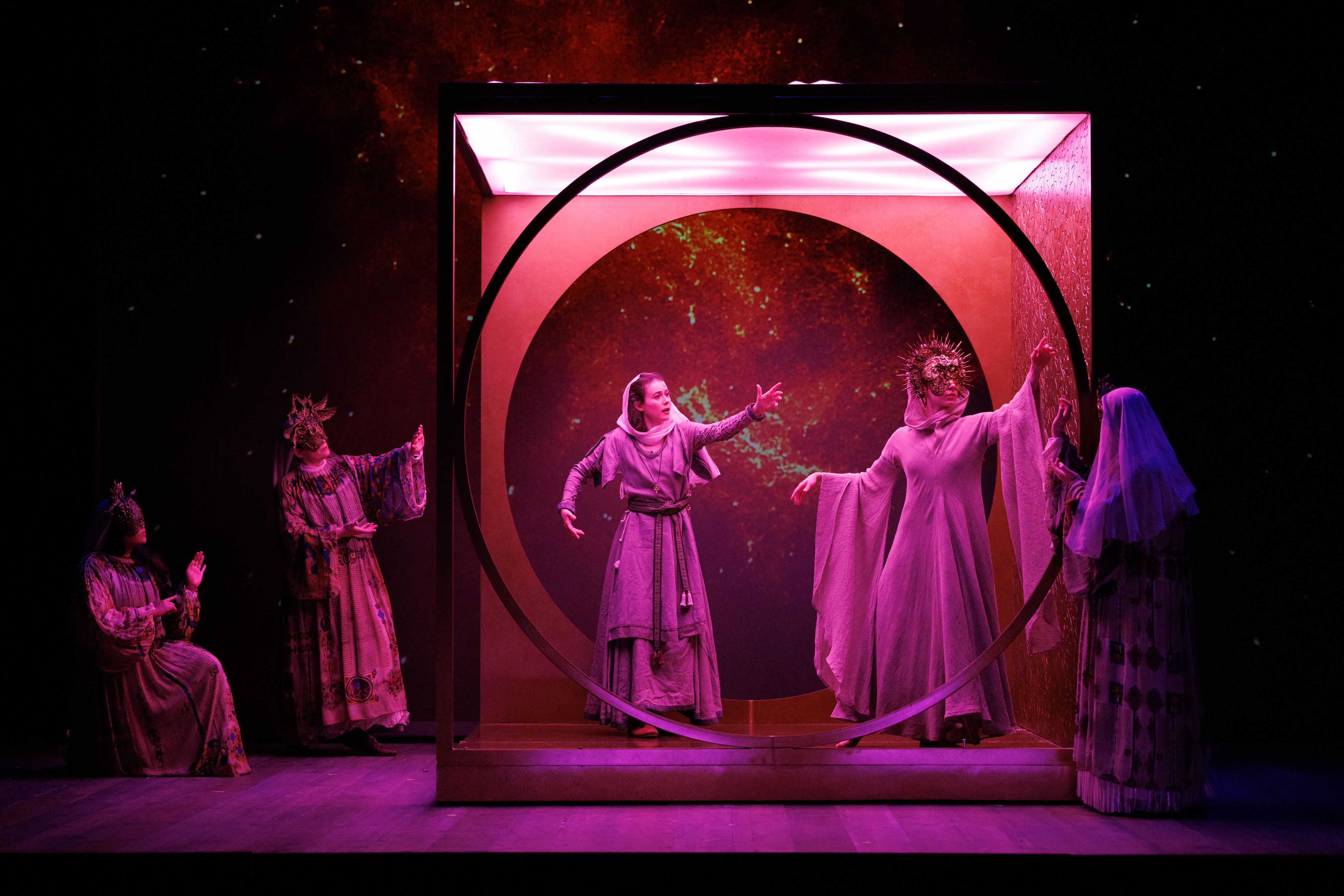PERFORMANCE OF SELF

RedefiningAmericanOpera
BethMorrisonProjects


Beth Morrison Projects (BMP) stands as a premier contemporary opera producer and a global leader in independent music-theatre. With a bold commitment to commissioning new works and cultivating emerging talent, BMP is redefining the industry for the 21st century. By prioritizing diverse storytelling and innovative staging, the organization remains at the forefront of the modern opera-theatre movement, ensuring the stories of our time are told with artistic excellence and a visionary spirit.
Operating across the United States and internationally, with offices in Brooklyn and Los Angeles, BMP’s unique model offers living composers the support, guidance, and freedom to experiment, allowing them to create singularly innovative and impactful projects. Since forming in 2006, the company has commissioned, developed, produced and toured over 50 works in 14 countries around the world, including the Pulitzer Prize-winning chamber operas Angel’s Bone and P R I S M.
In 2013, BMP co-founded the PROTOTYPE Festival with HERE Arts Center, which has been called “utterly essential” (The New York Times), “indispensable” (The New Yorker), and “one of the world’s top festivals of contemporary opera and theater” (Associated Press).
Over much of the 21st century, Beth Morrison has helped redefine American opera
More than any other figure in the opera industry, beth morrison has helped propel the art form into the twenty-first century
(BMP) changed the face of opera in America by supporting, curating and producing... a whole new generation of composers, librettists, and creators
…arguably the fiercest advocate of new opera works for the past two decades..